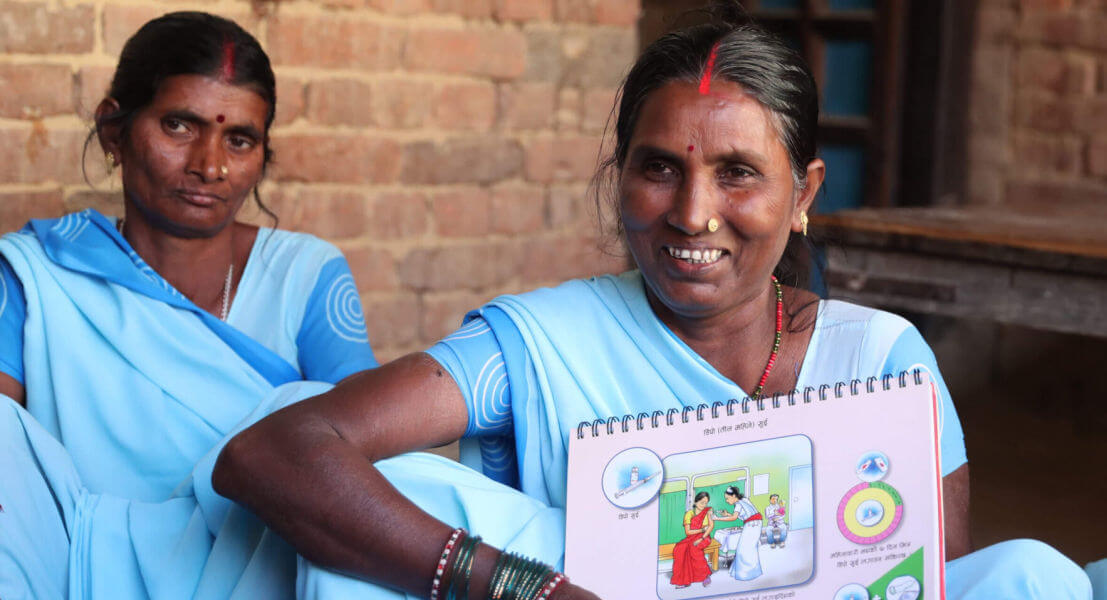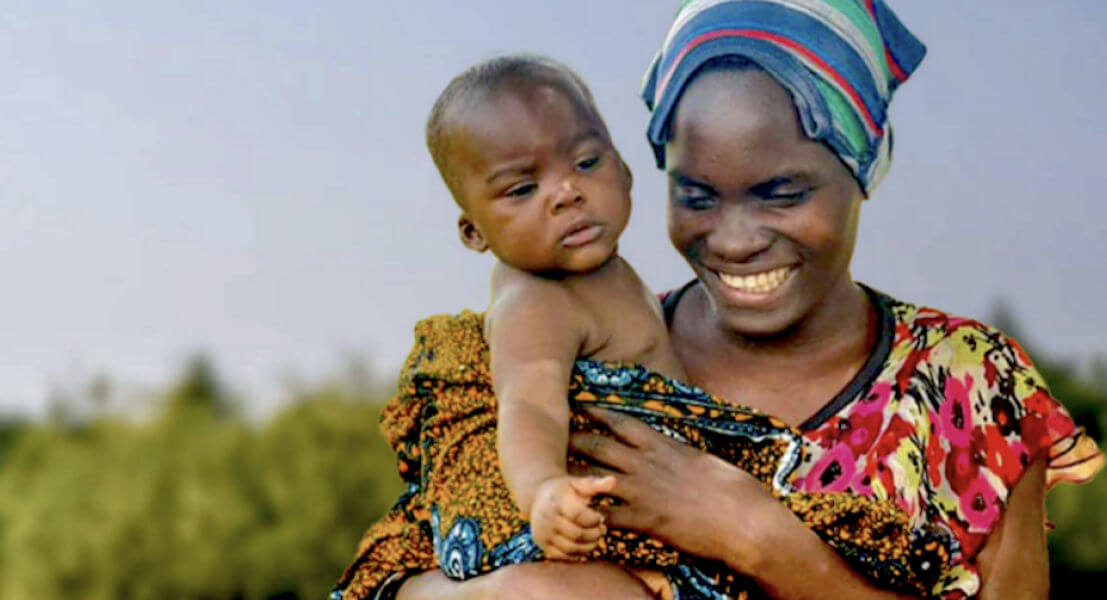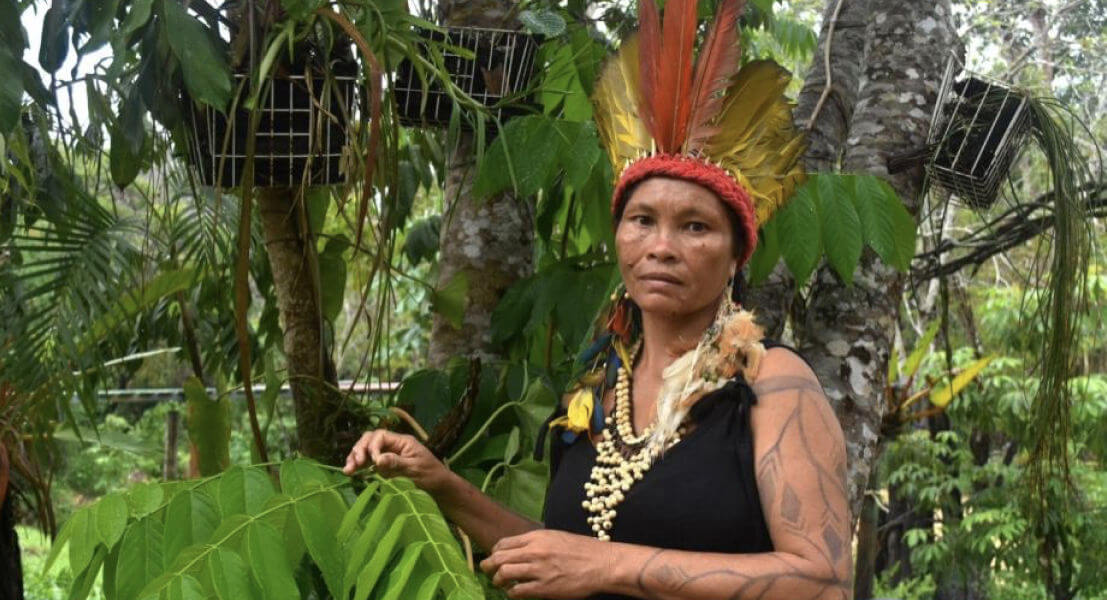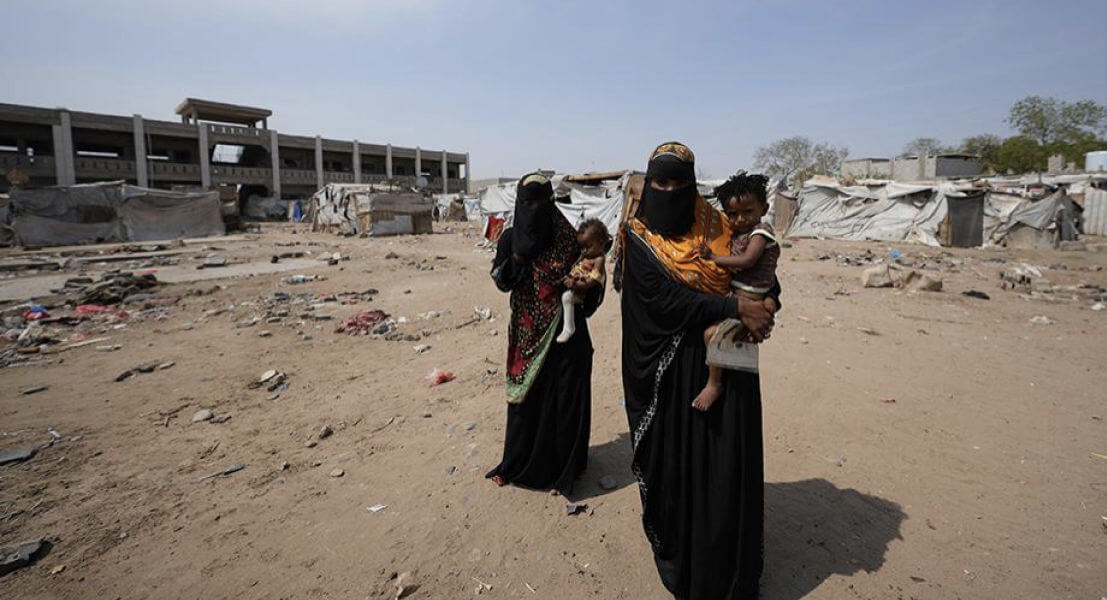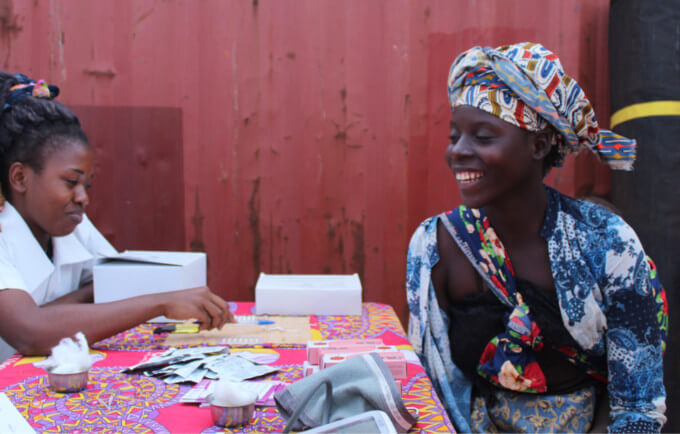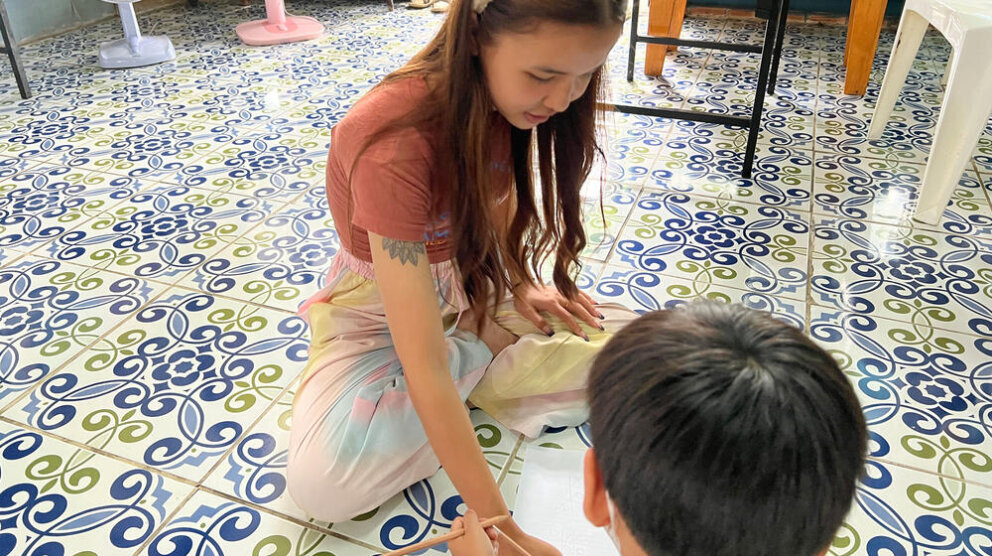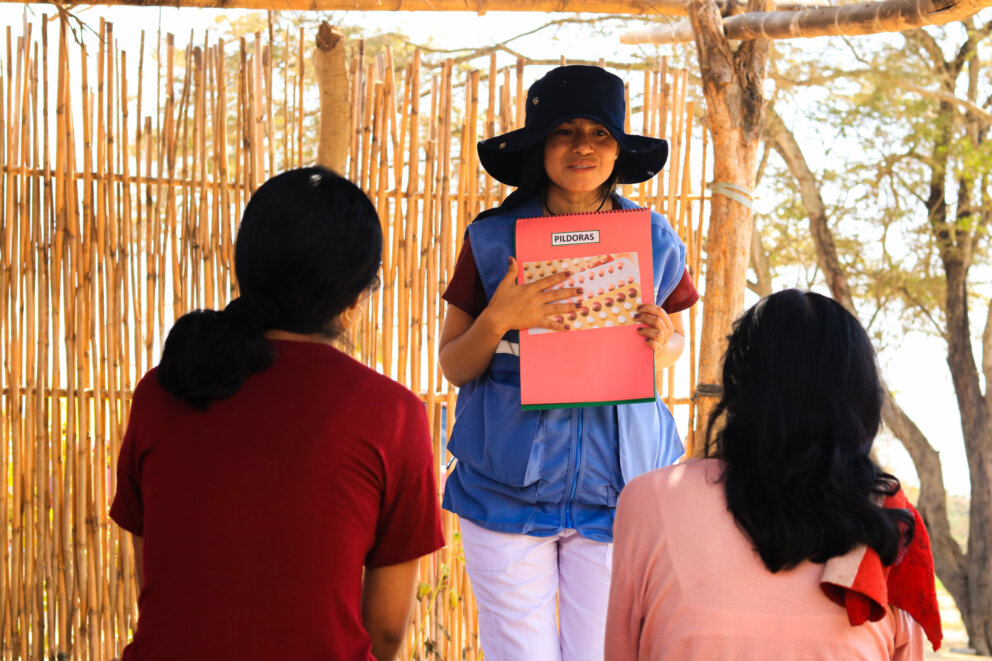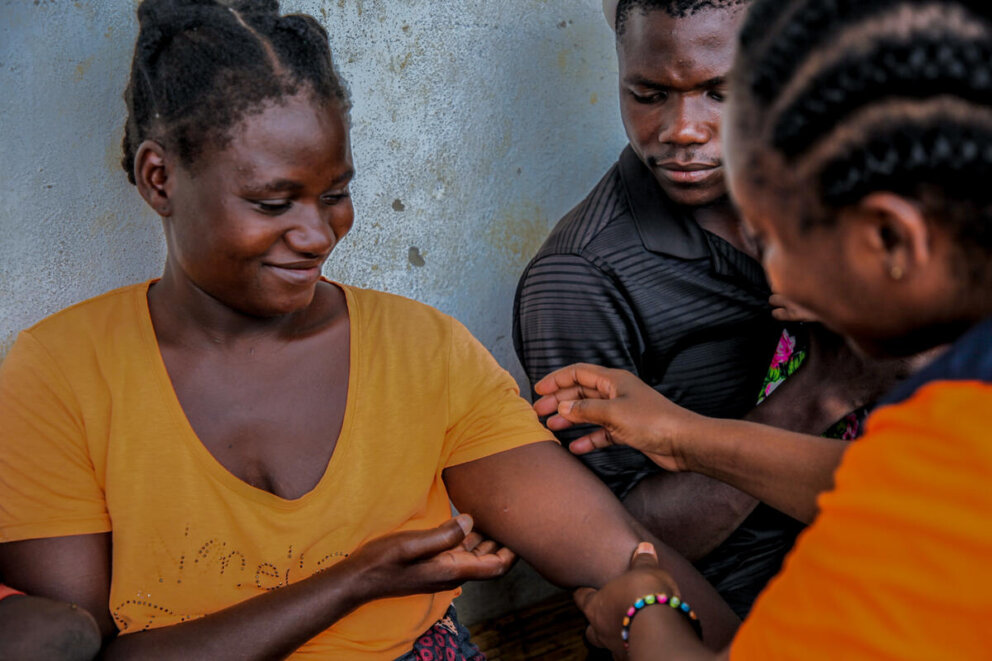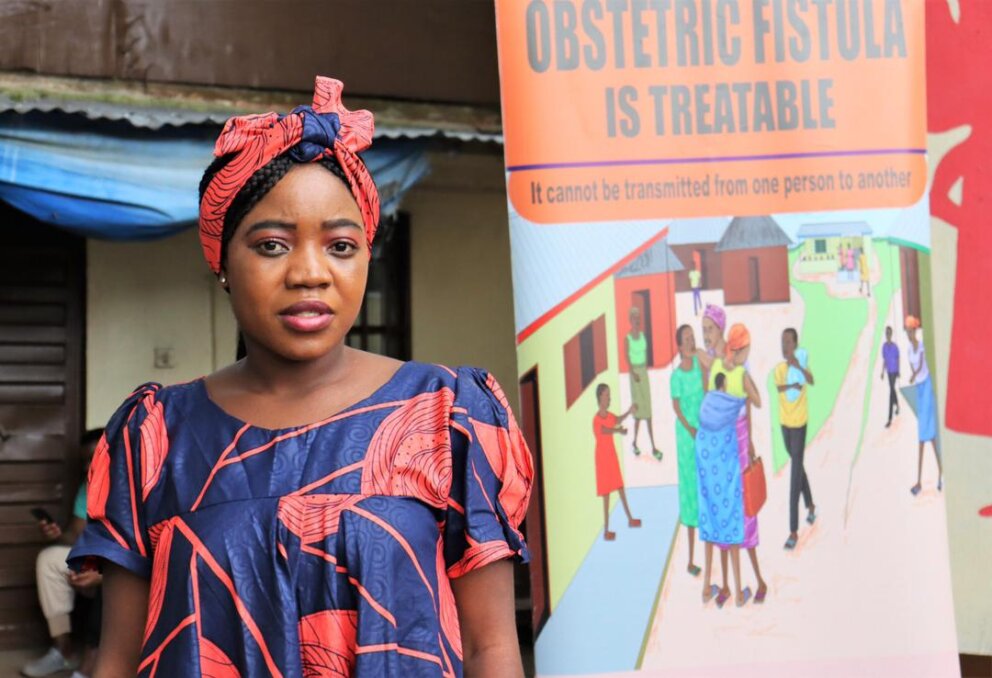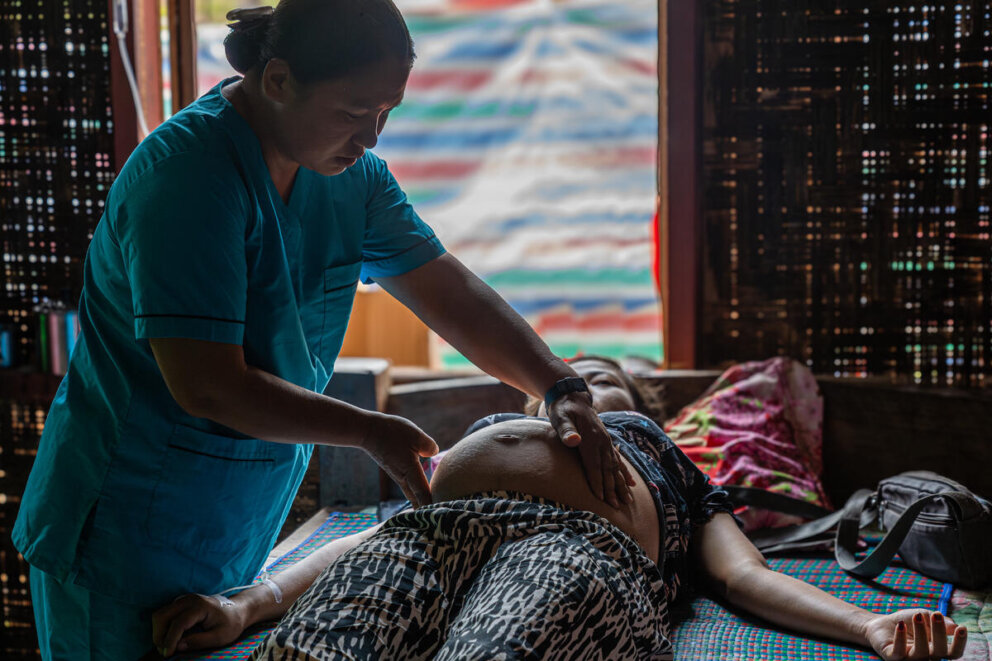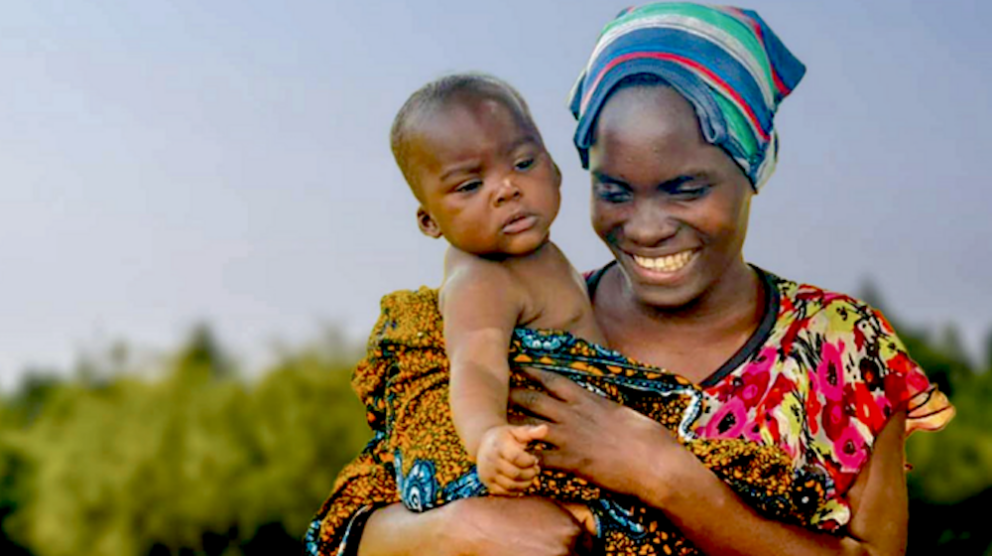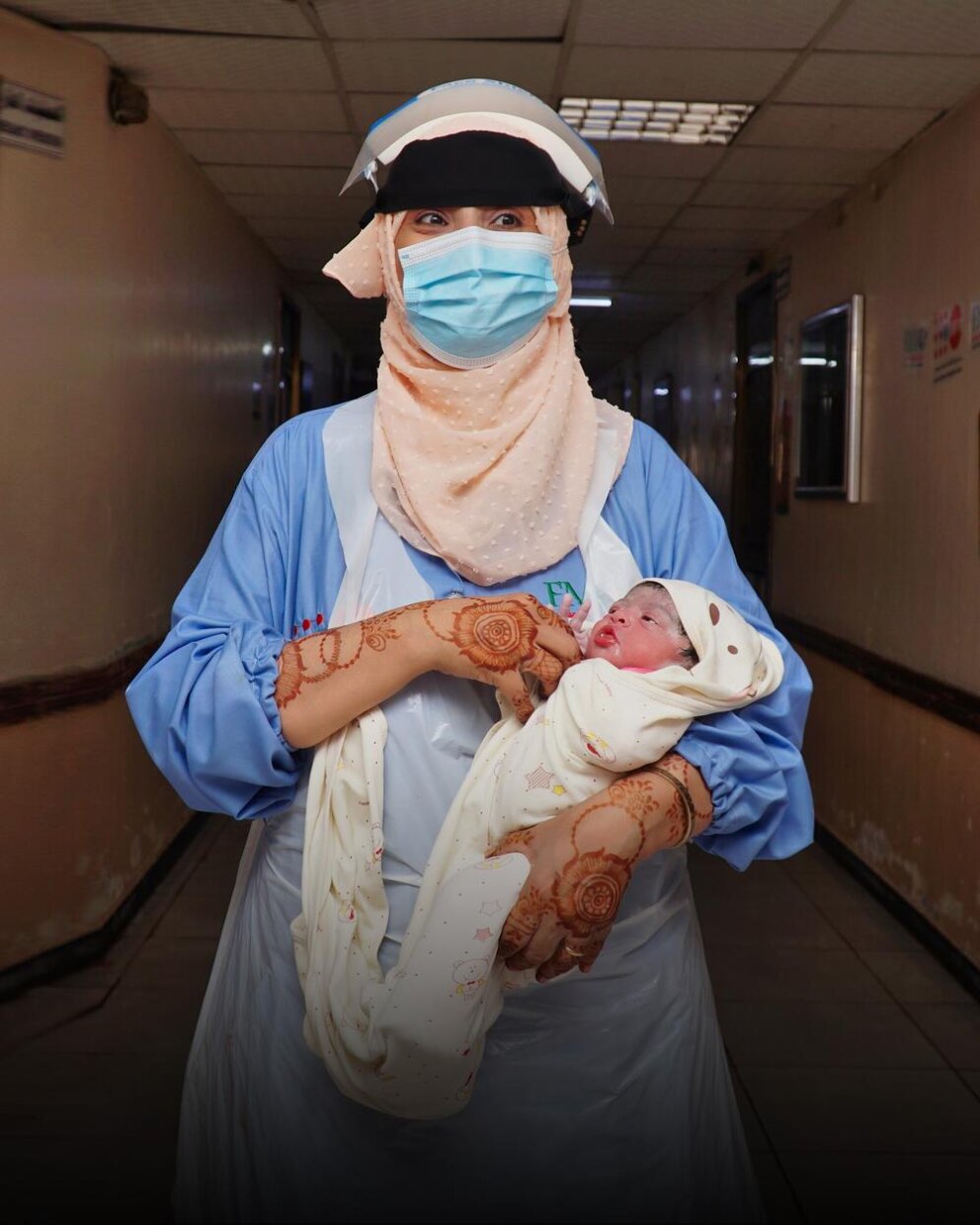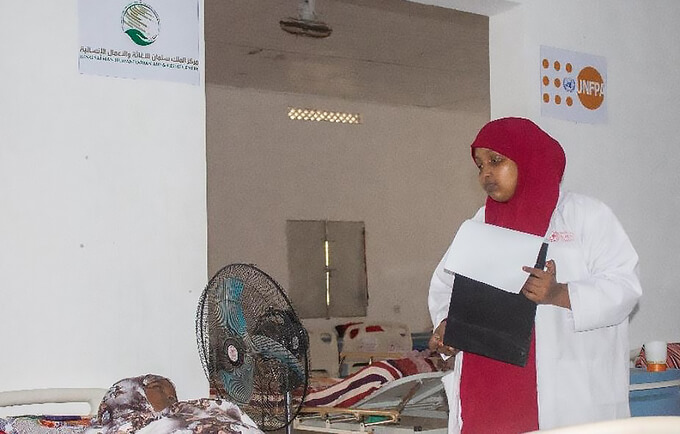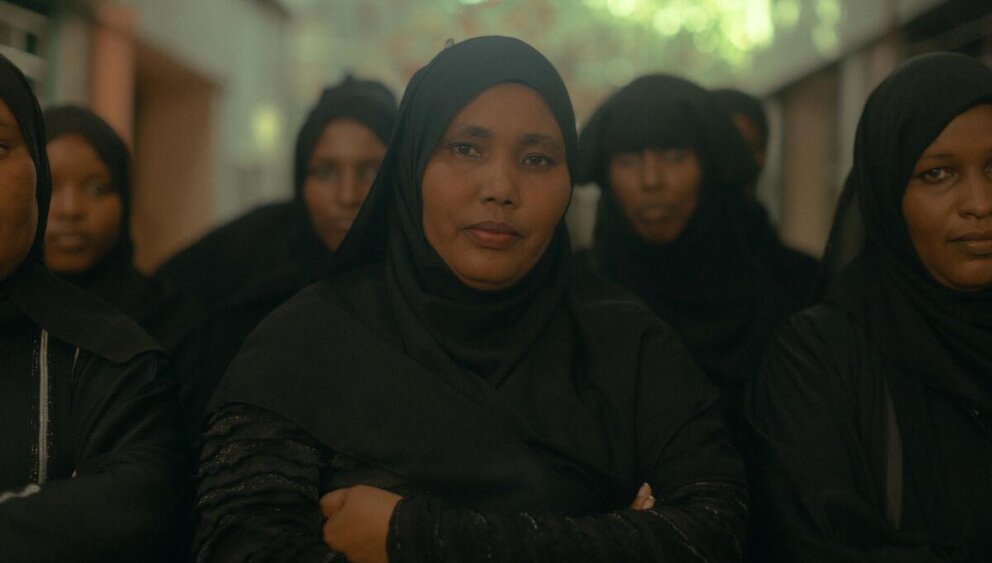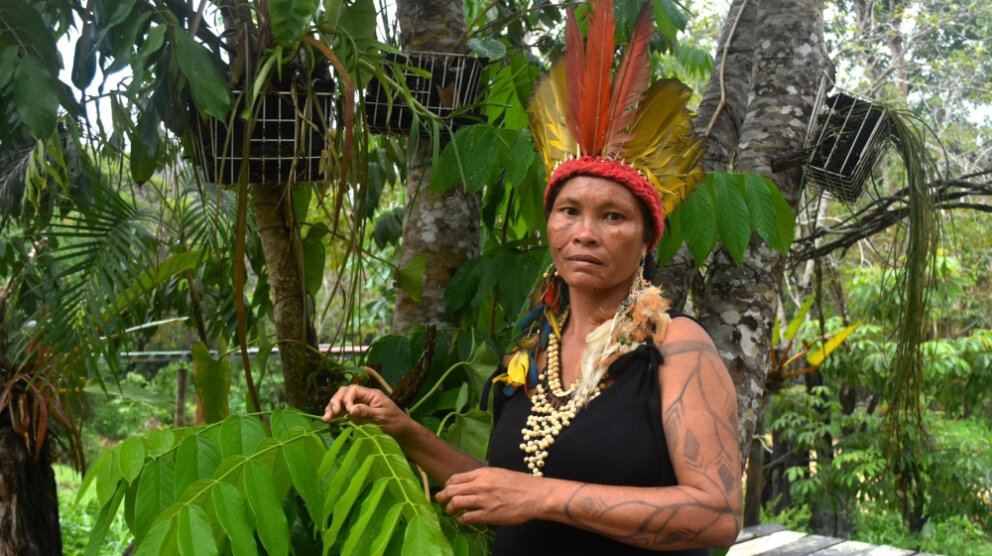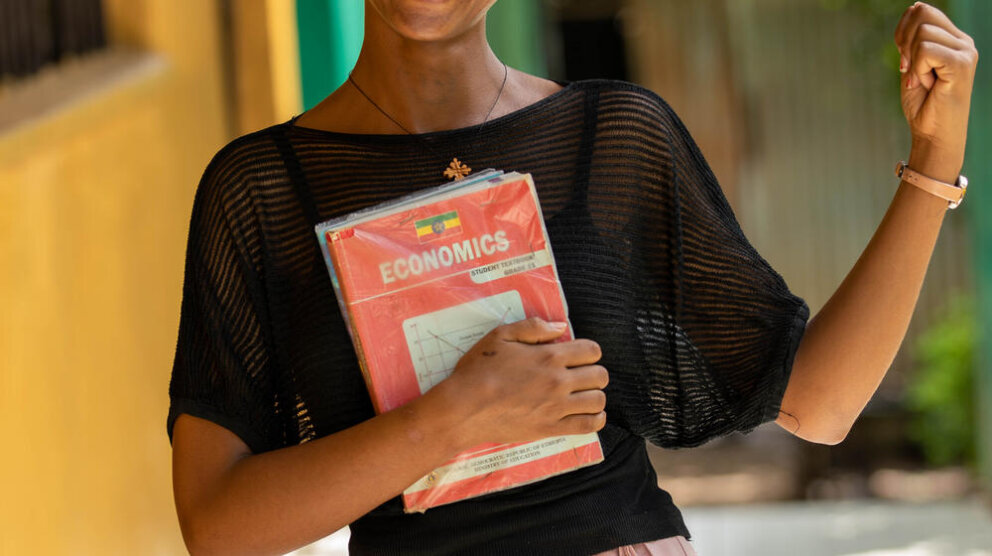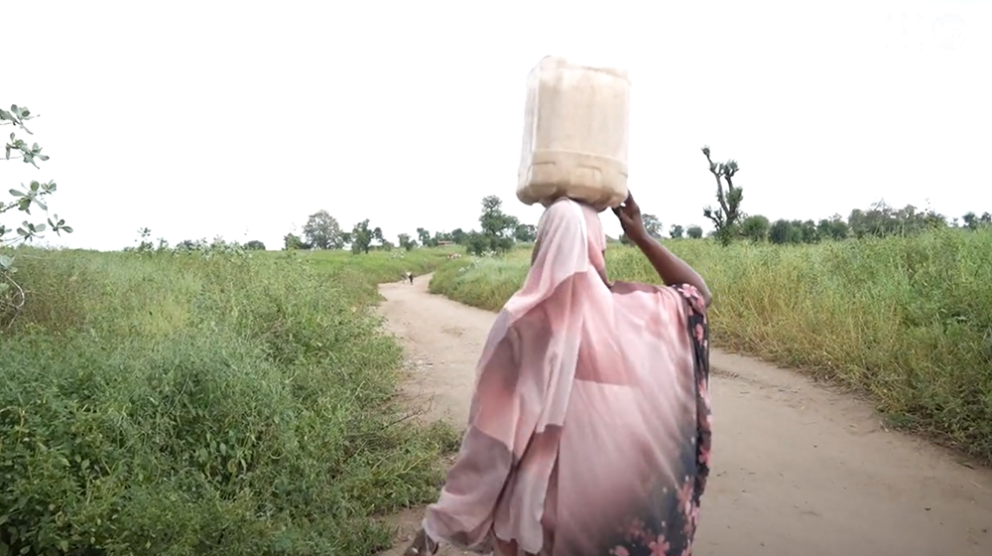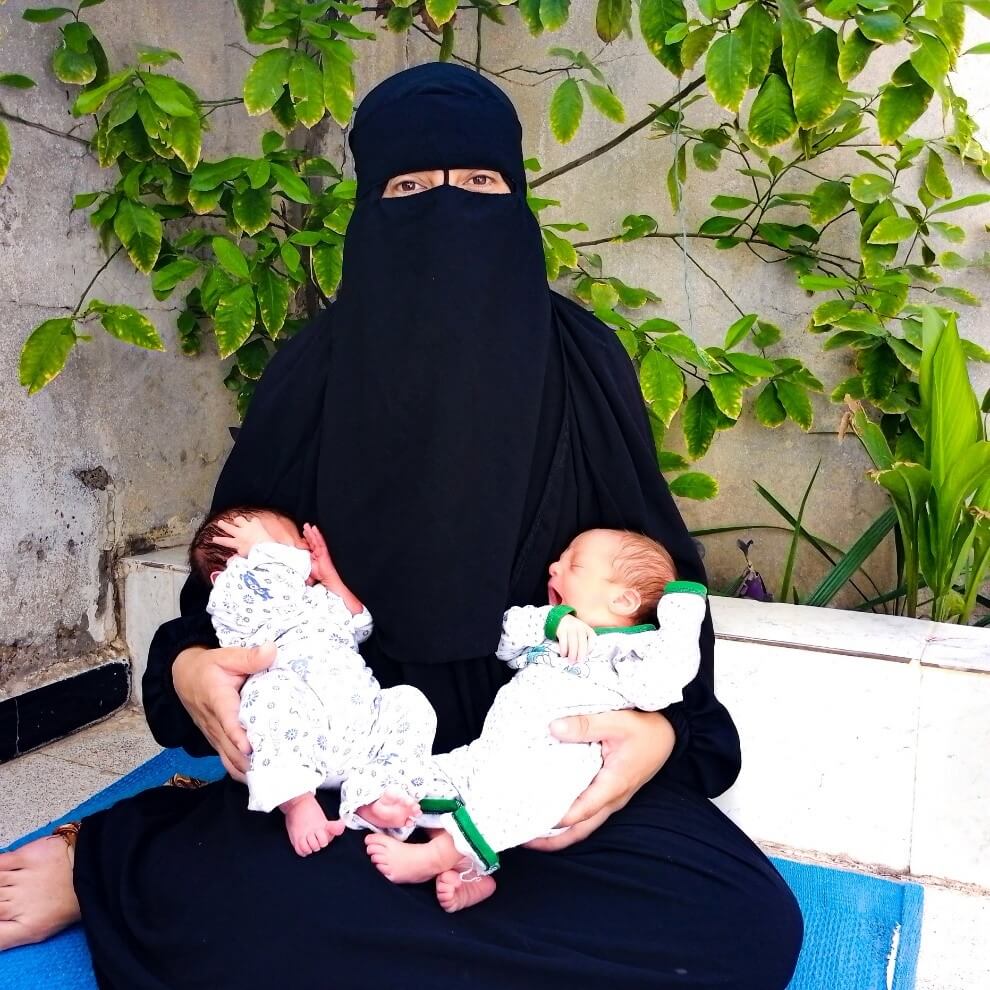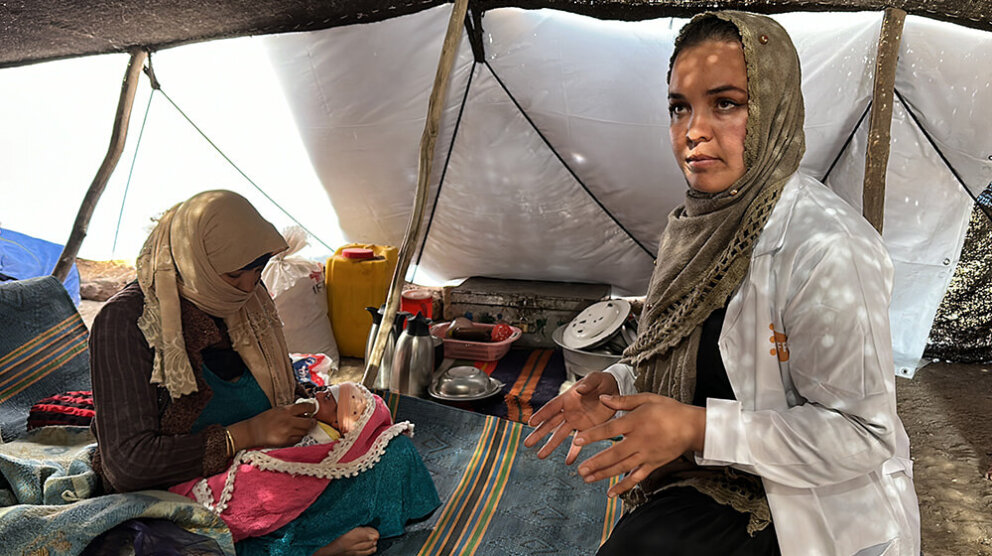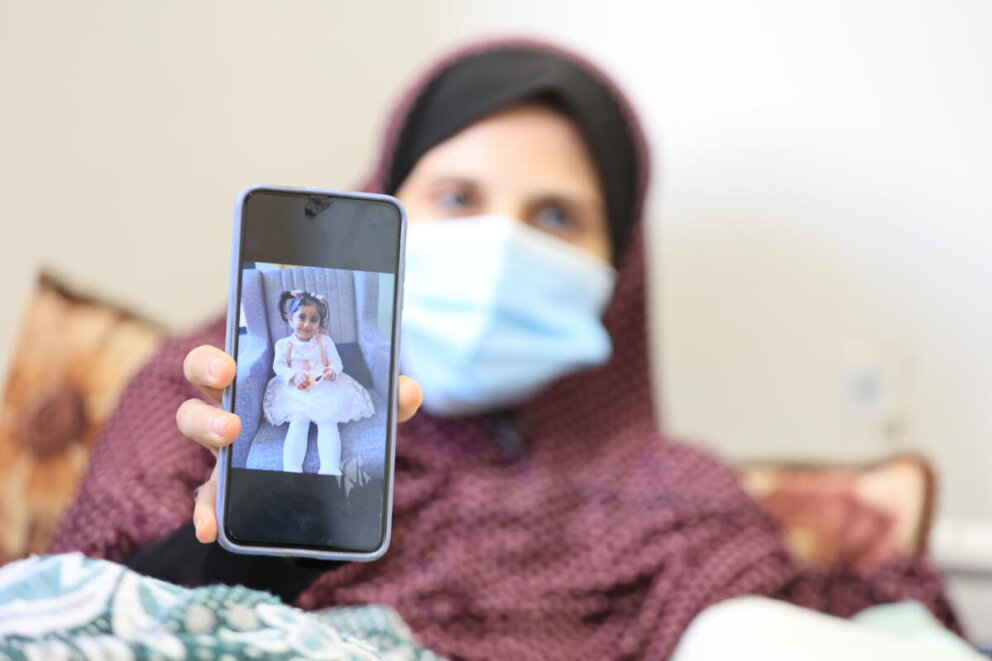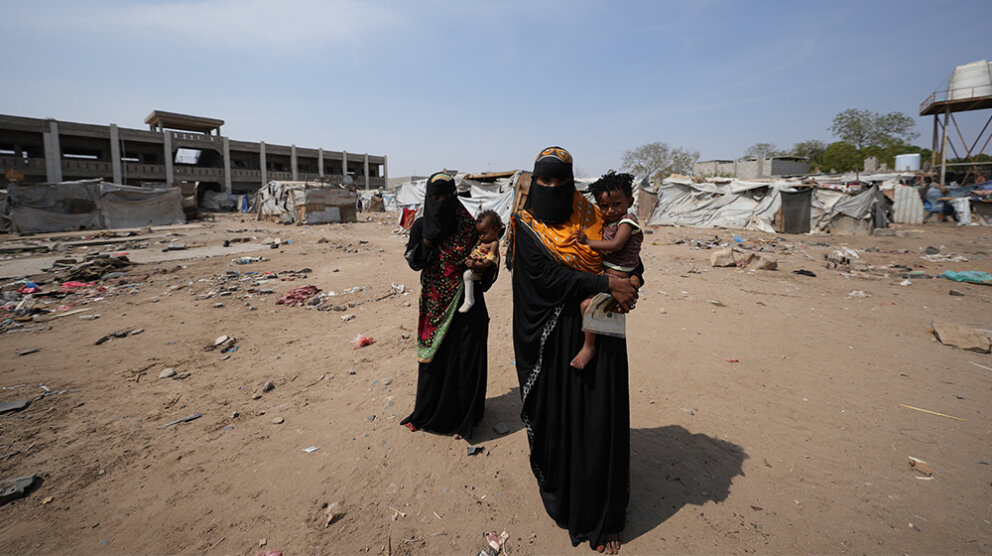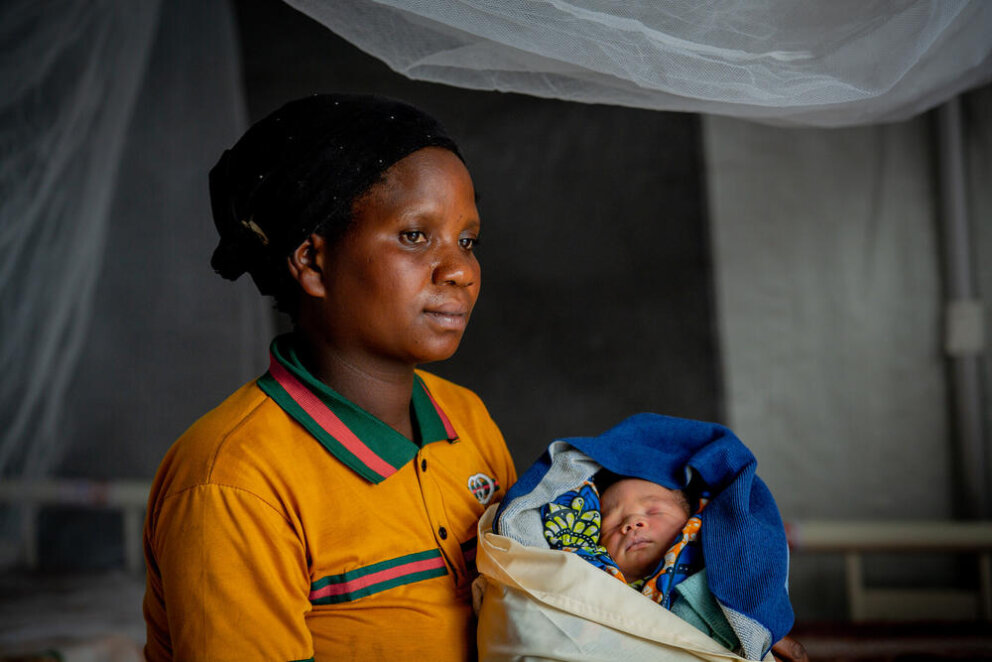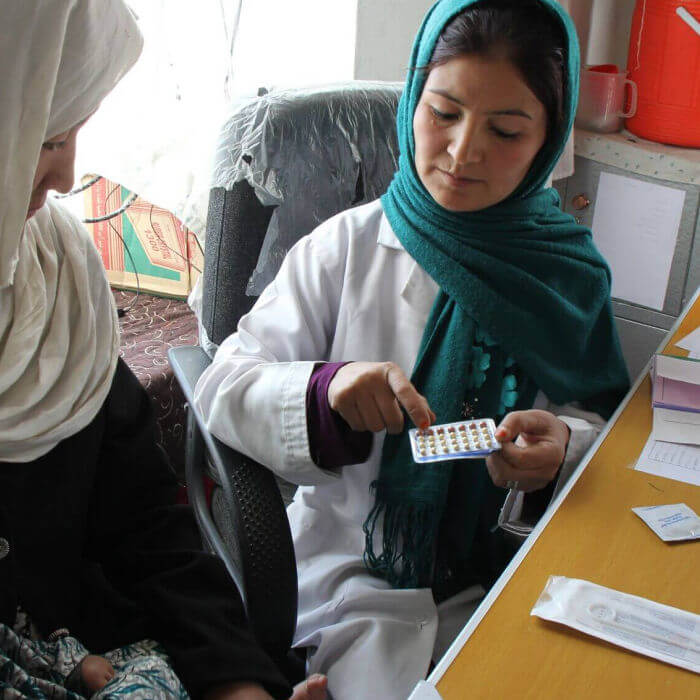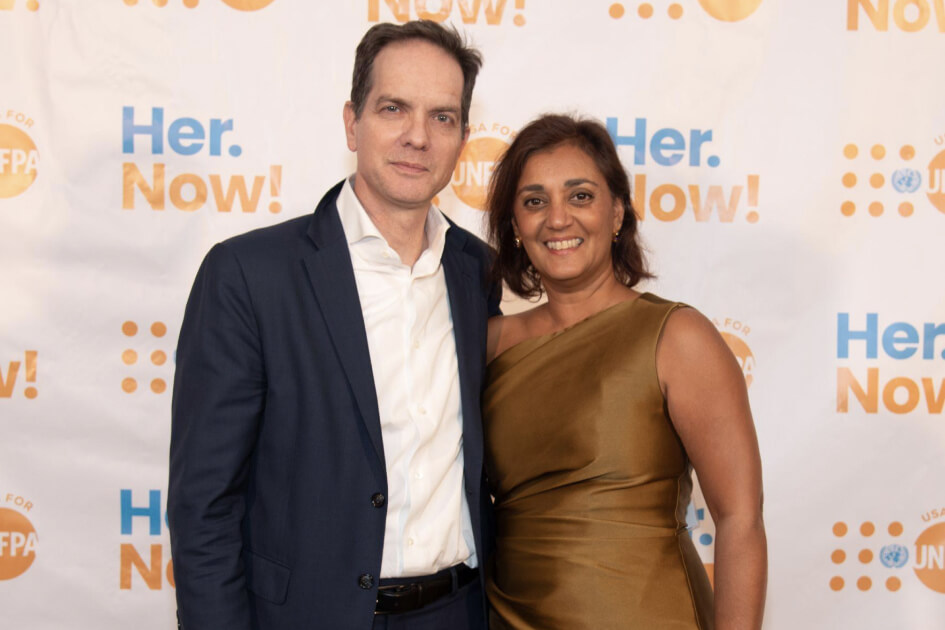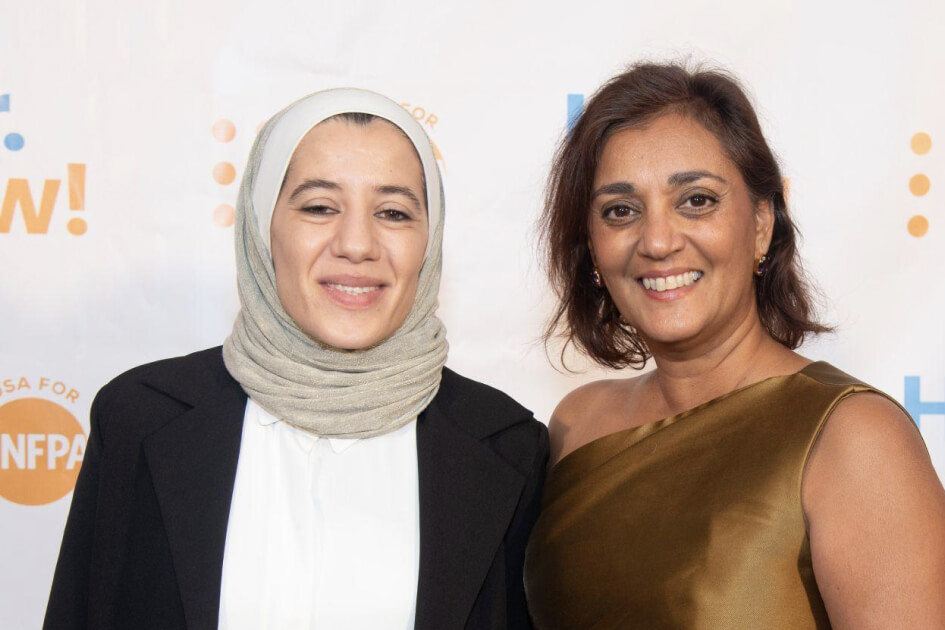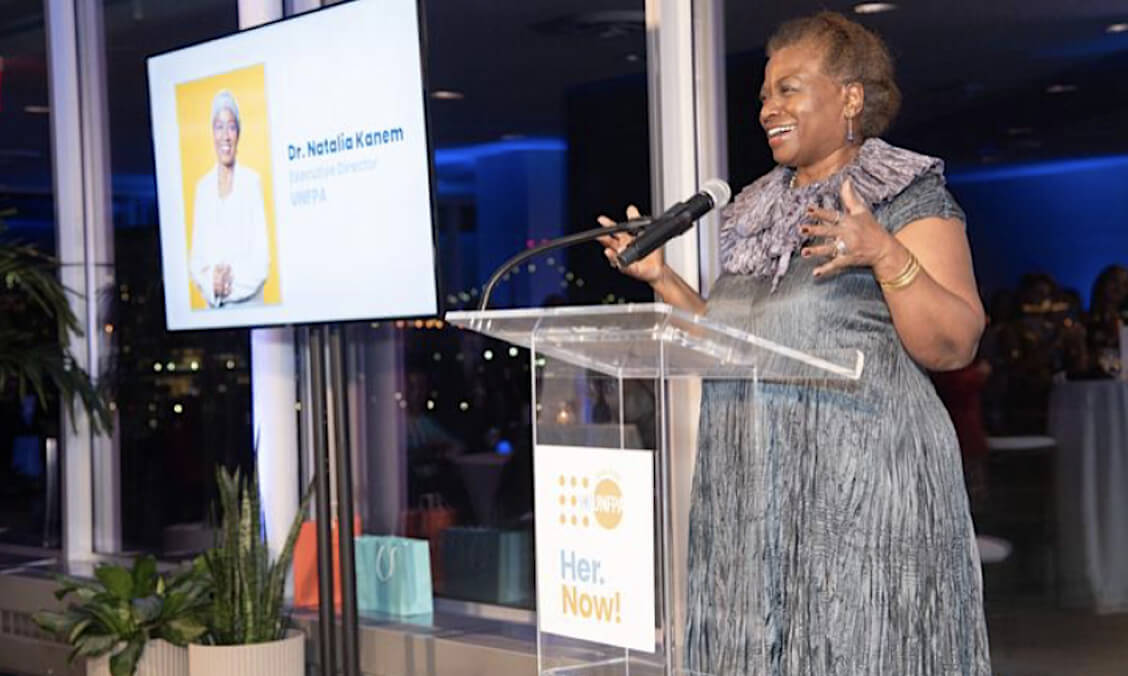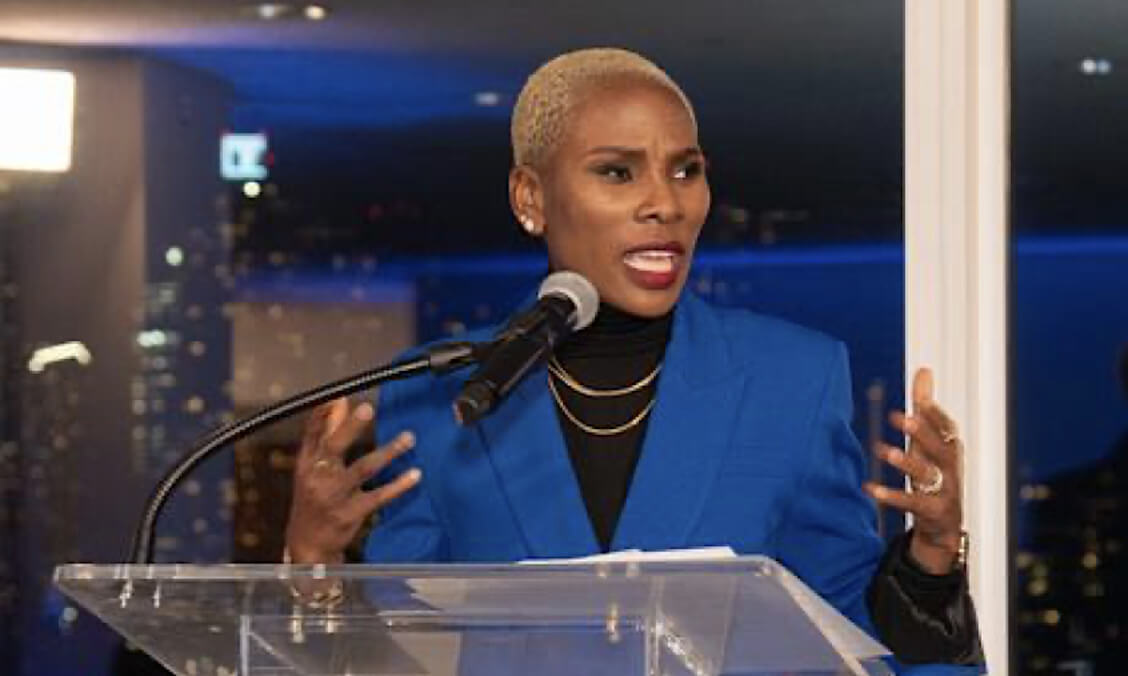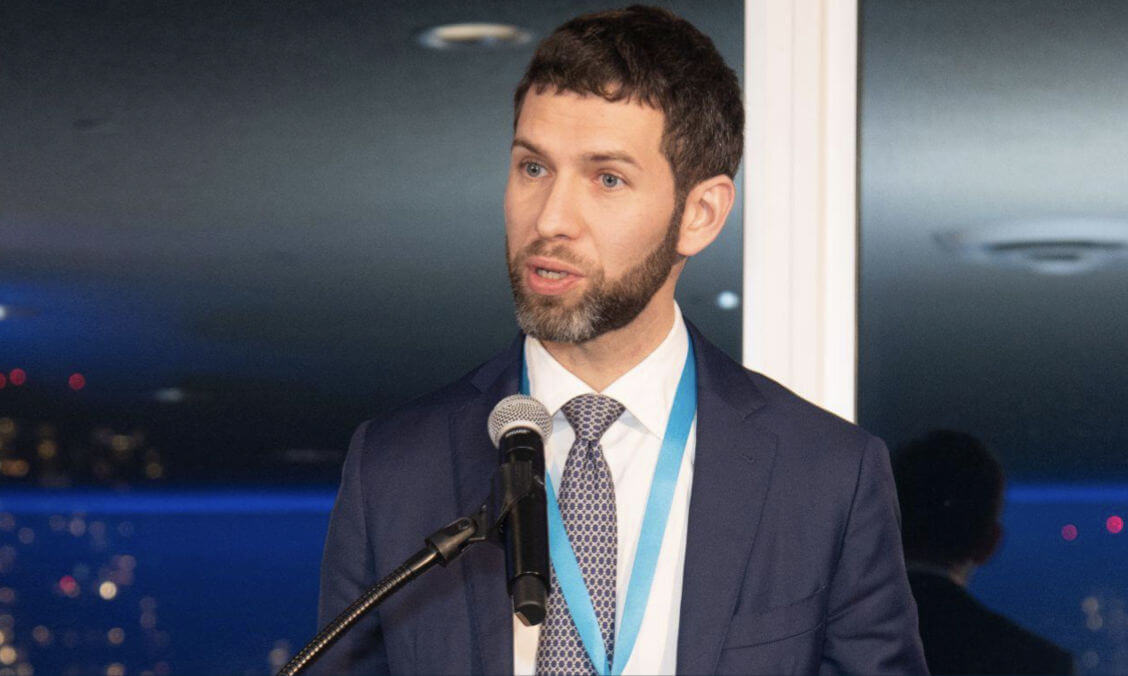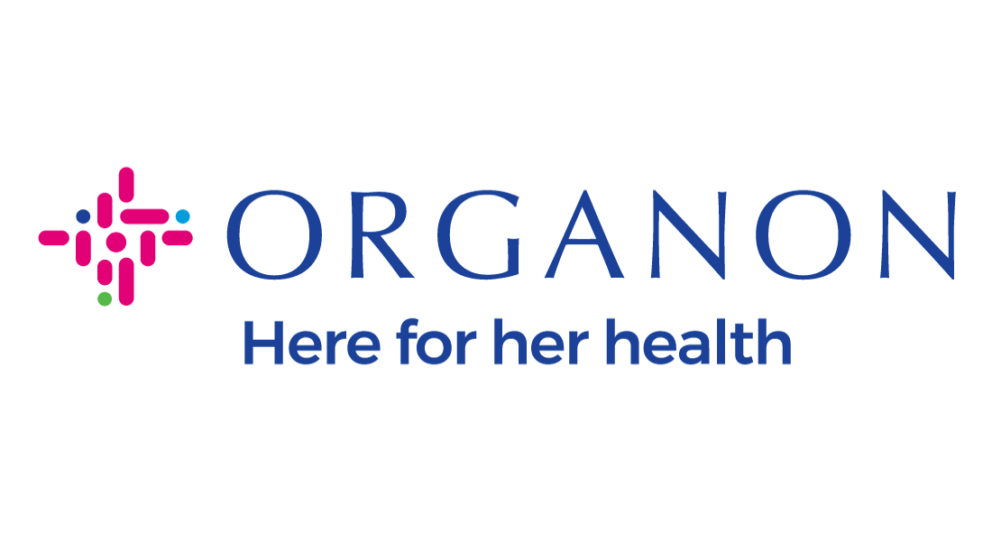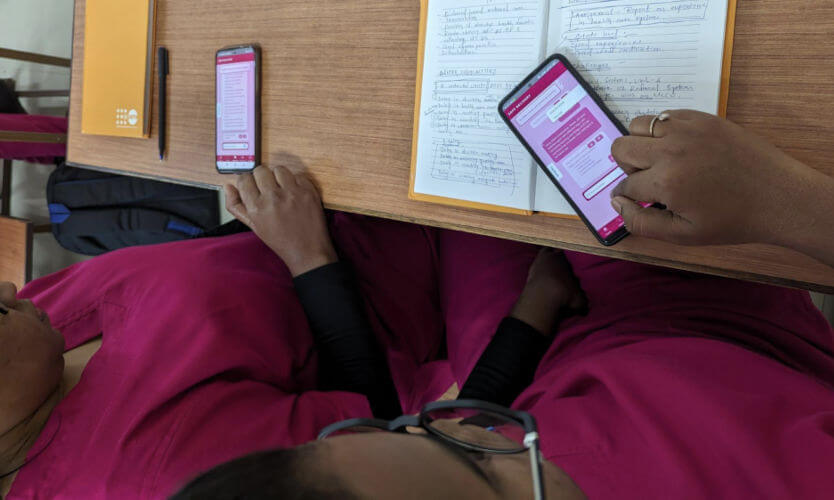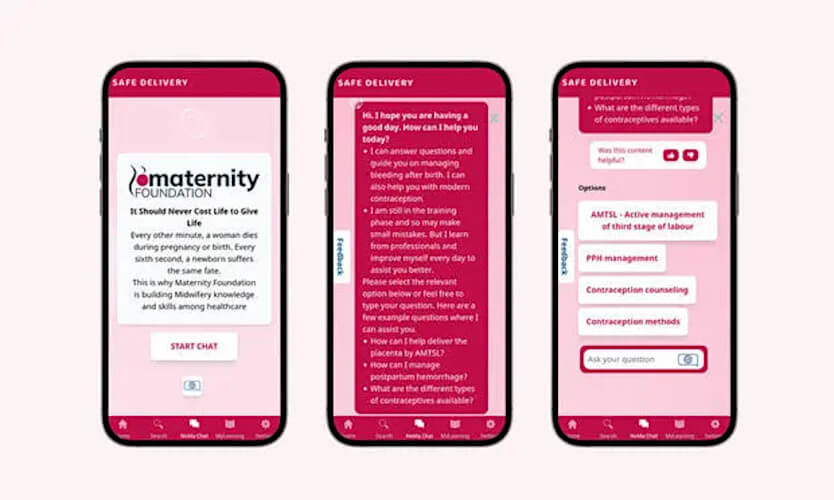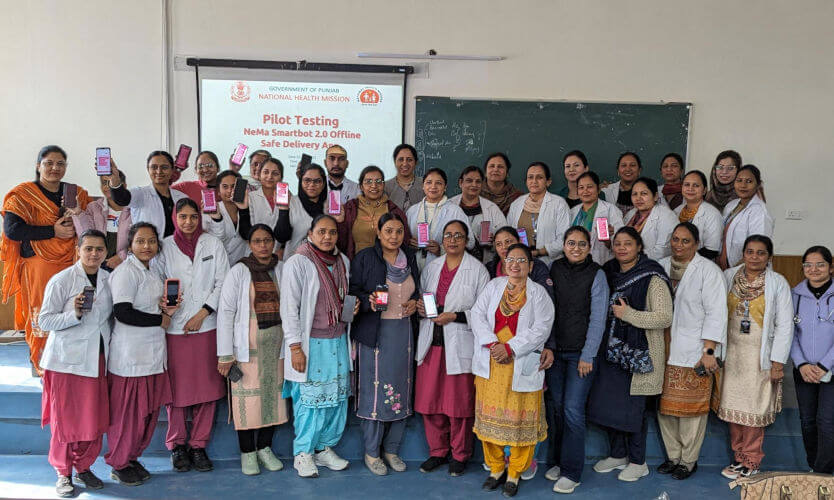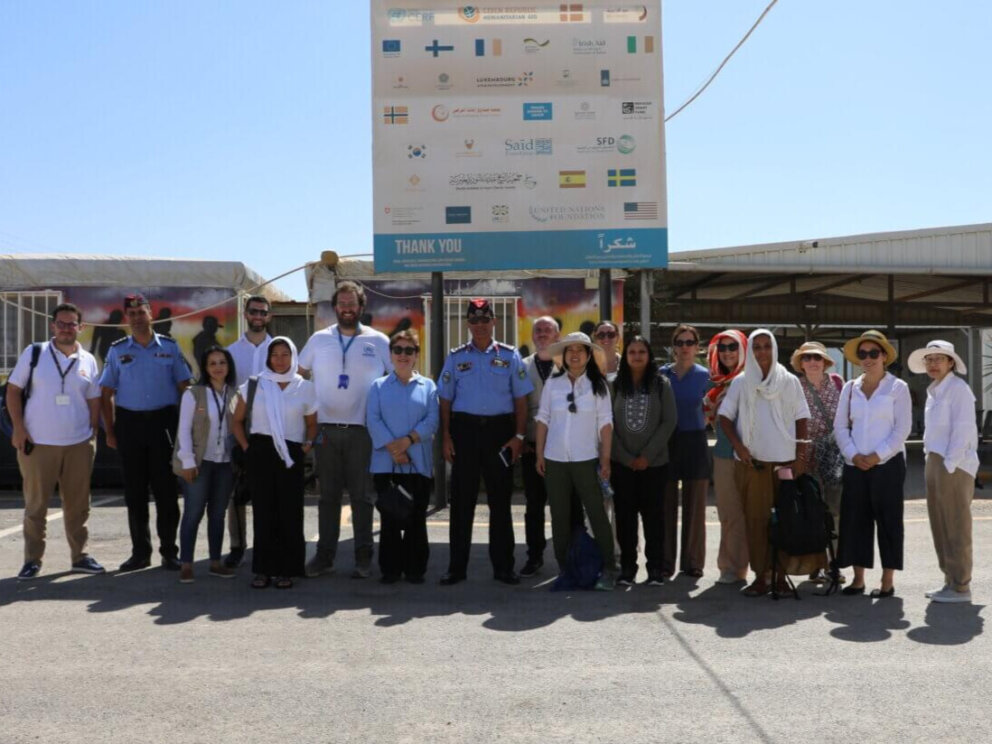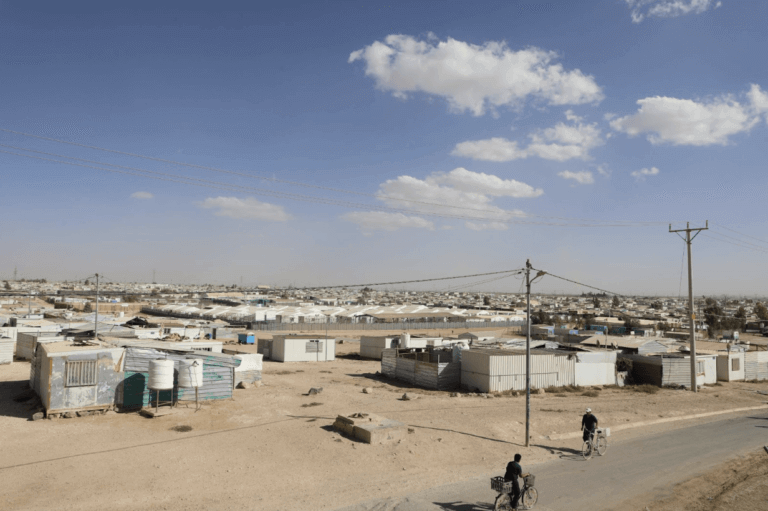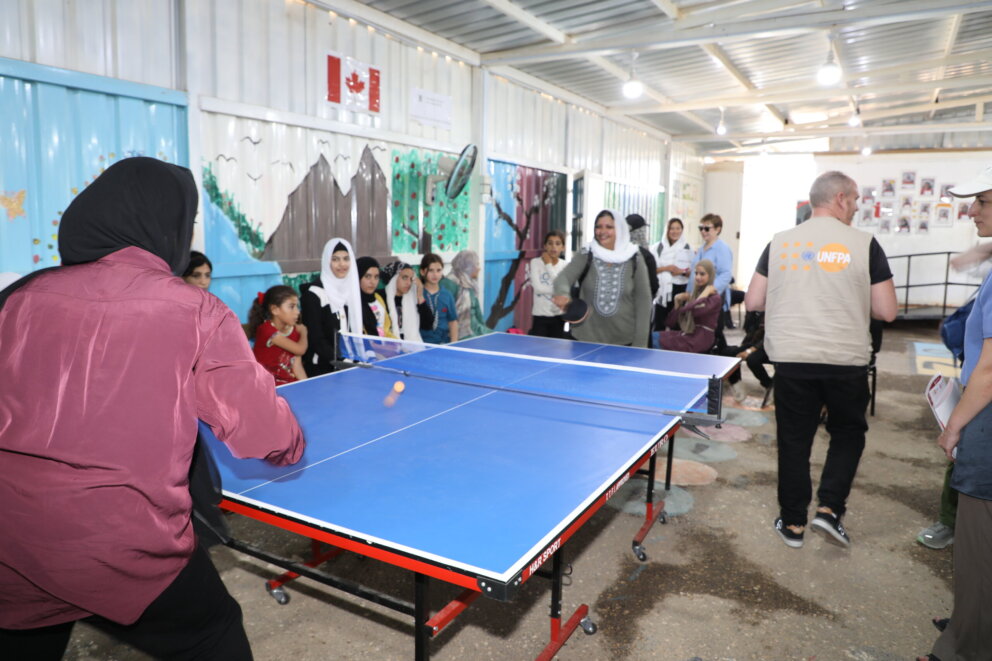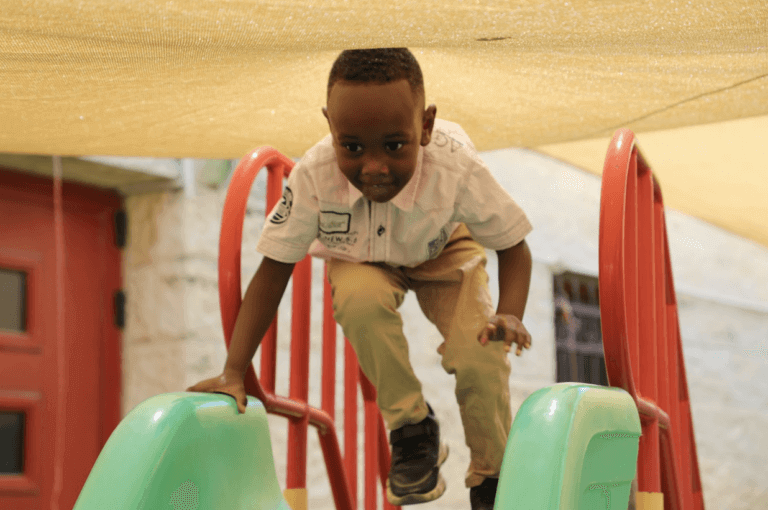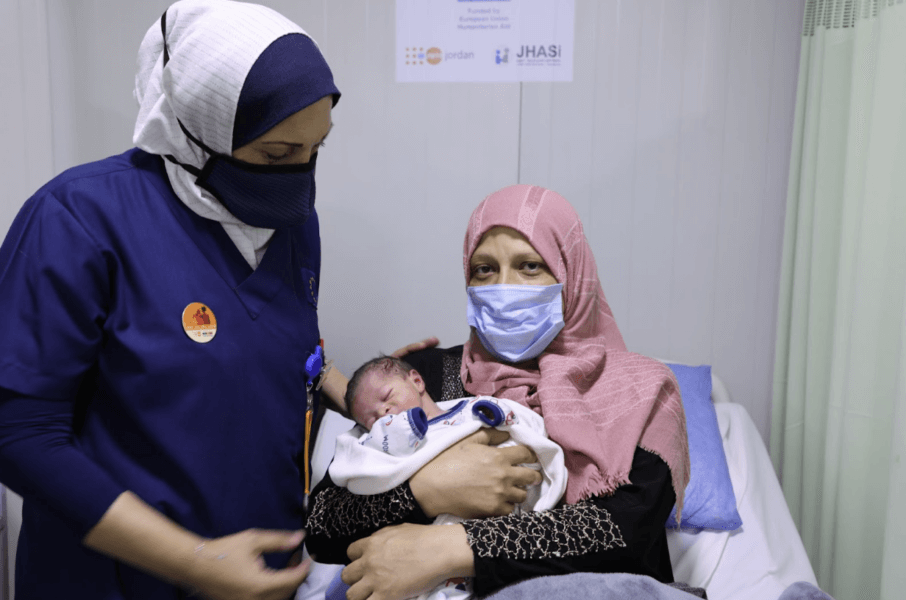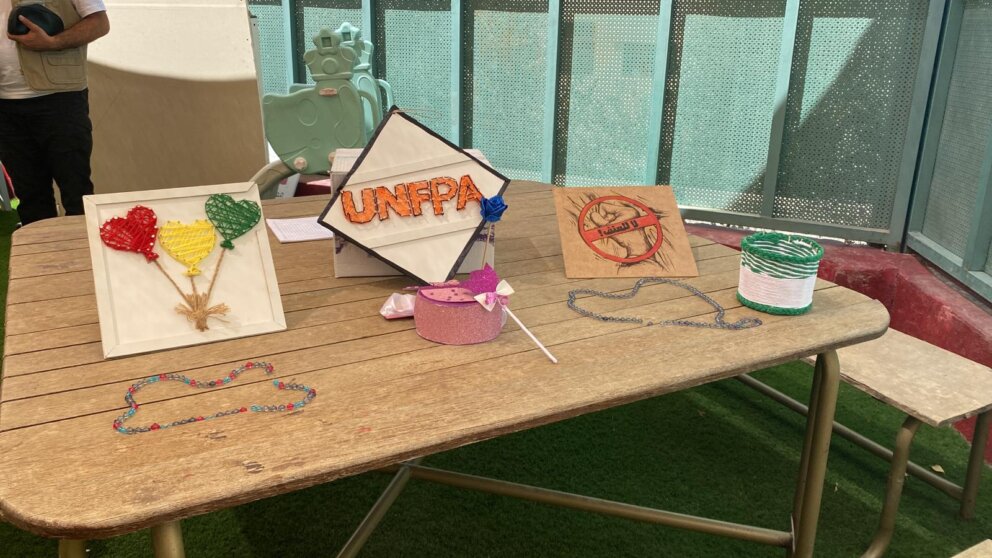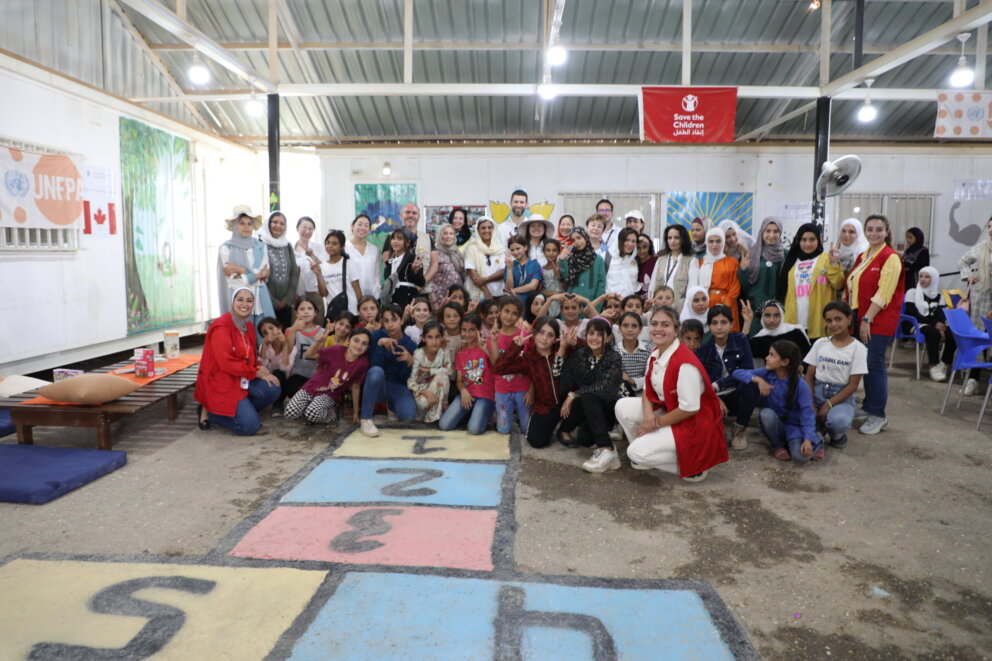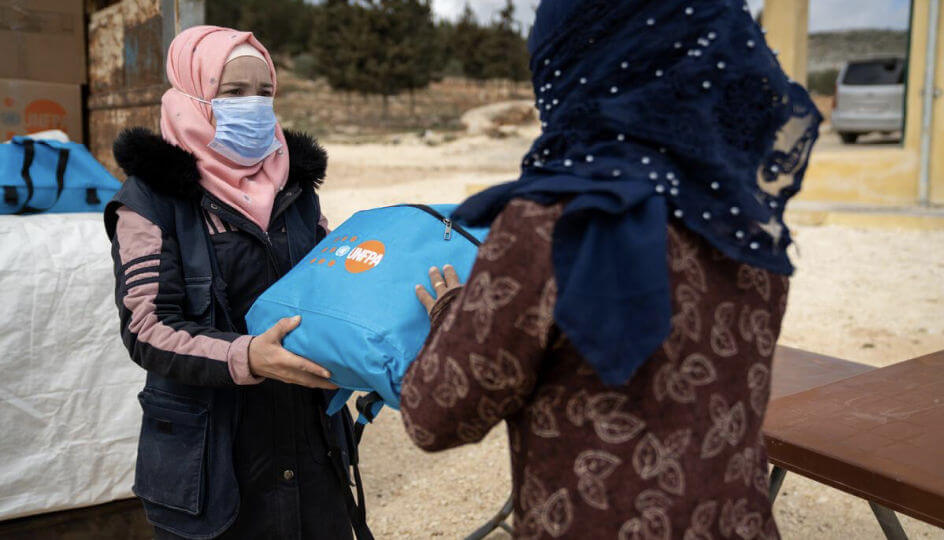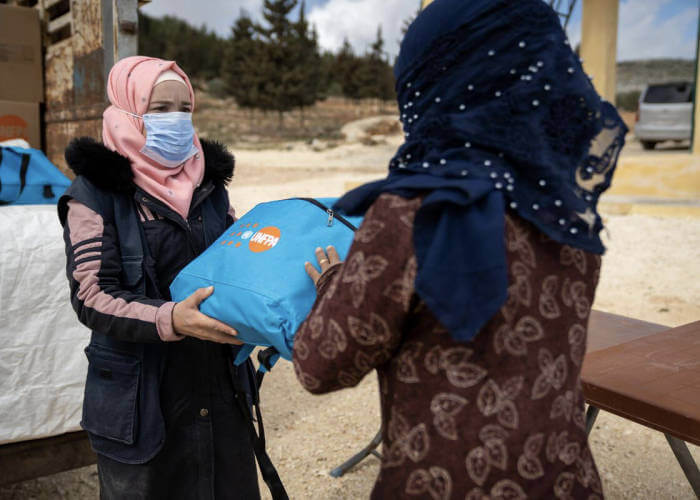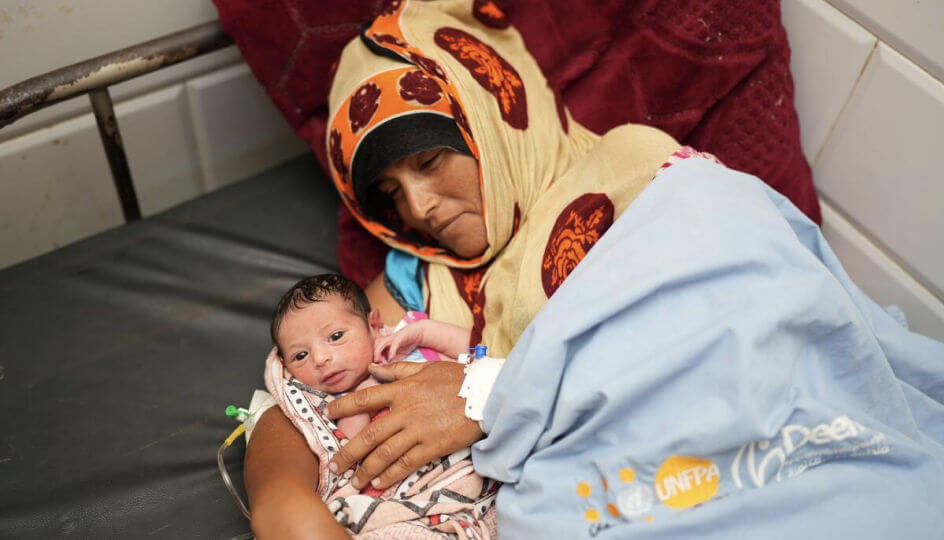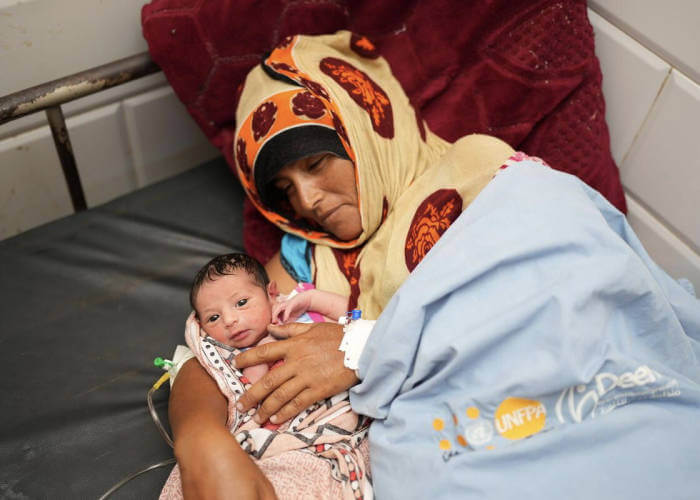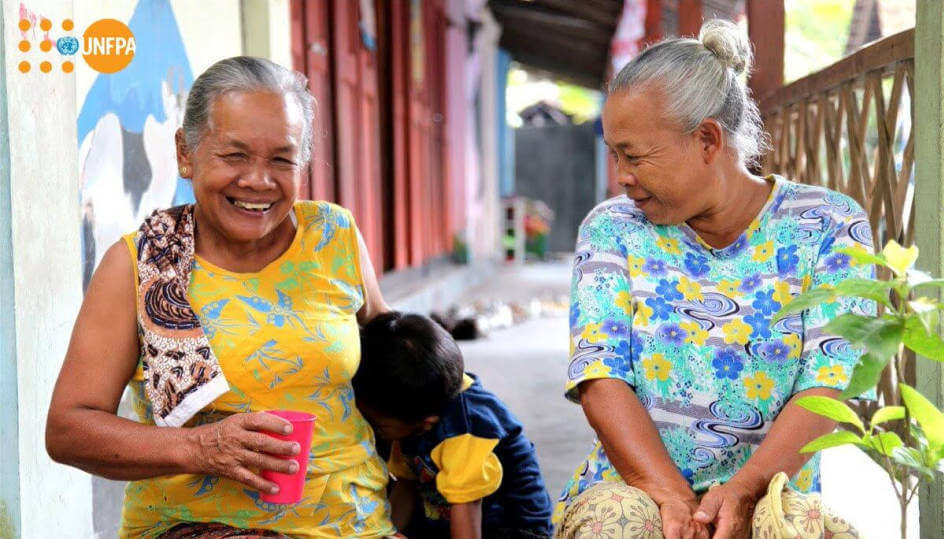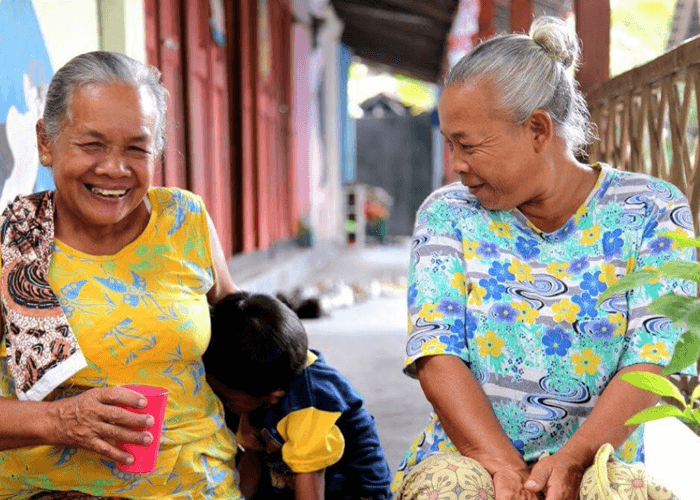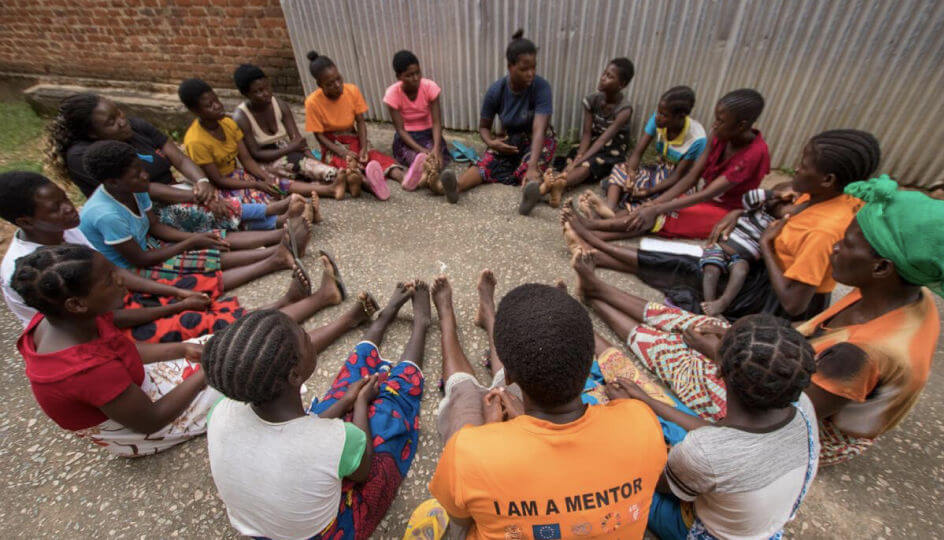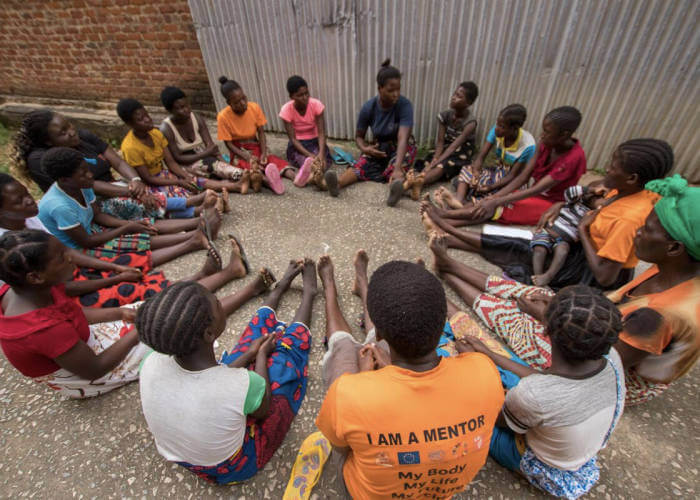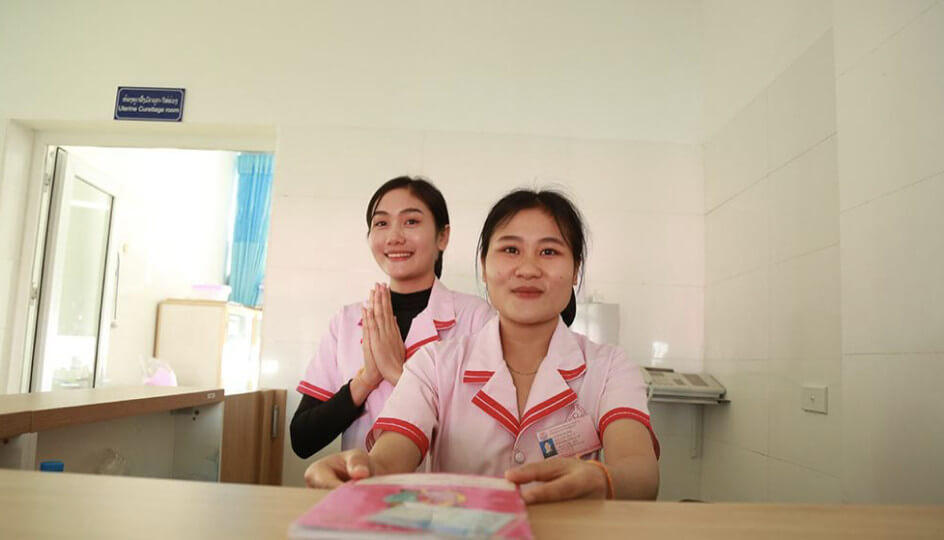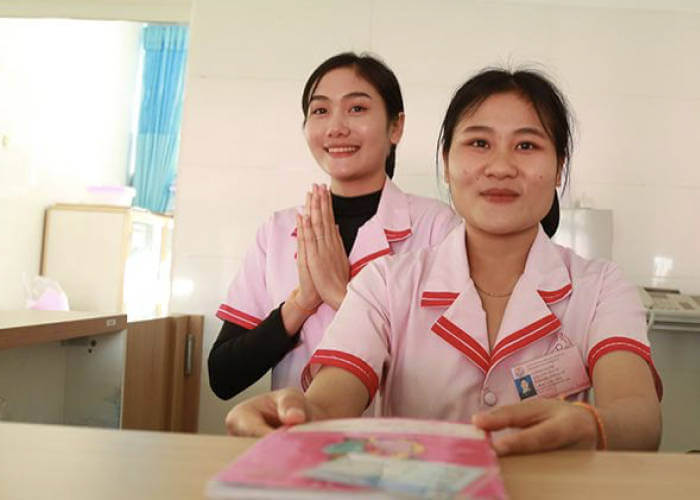EVERY PREGNANCY IS WANTED
Every childbirth is safe
Every woman and girl can reach her fullest potential
To provide women and girls everywhere with lifesaving sexual and reproductive health care and empower them to decide what is best for their bodies, families, and futures.
EVERY PREGNANCY IS WANTED
Every childbirth is safe
Every woman and girl can reach her fullest potential
To provide women and girls everywhere with lifesaving sexual and reproductive health care and empower them to decide what is best for their bodies, families, and futures.
2023 was a challenging year for the health and safety of millions as climate change, natural disasters, and violence led to numerous humanitarian crises. In all of these heartbreaking situations, women and girls were among the most vulnerable as they lost access to critical care and the ability to maintain their dignity — but because of you, we were able to scale up and be there for them.
Thank you for being a lifeline to women and girls in 2023. Your generous support deployed critical sexual and reproductive health supplies and services, ensuring that we were able to be there and reach women and girls with lifesaving care. In 2023, your support helped us:
- Distribute contraceptives that prevented 17.9 million unintended pregnancies
- Reach 4.2 million women and girls with protection from and response to gender-based violence
- Reach 10.6 million people with essential sexual and reproductive health care
Behind these numbers are millions of stories of women you have supported, and we saw first-hand the difference you made in Jordan. In September 2023, we traveled to the Zaatari Refugee Camp in Jordan, where 80,000 Syrians have found a home for more than a decade while their country has been embroiled in civil war. Pregnant women attended prenatal appointments and marked their progress on a tracker. Girls played ping pong and created art; teenagers taught kindergarteners how to read. New moms at the maternity clinic were smiling as they rested with their newborns while other women received information on birth spacing and contraception.
What impressed us most was how the clinics anticipated and addressed every need so women and girls could access the care they deserved. This holistic approach to reproductive health care is paying off: After more than 13 years and 20,000 births, not a single woman has died from pregnancy or childbirth complications in Zaatari.
But your support stretches far beyond the borders of Zaatari. Thanks to you, we are reaching women and girls in every corner of the world to achieve three transformative results: zero unmet need for family planning, zero preventable maternal deaths, and zero gender-based violence and harmful practices. To help reach these results, we launched our Her. Now! campaign which aims to raise $100 million for sexual and reproductive healthcare by 2030. We have already made incredible progress in this campaign, and we are hopeful that this will be the decade to transform reproductive health worldwide.
In 2024, we are celebrating the 30th anniversary of the first International Conference on Population and Development (ICPD) — a landmark moment where global leaders agreed that we all have a right to access sexual and reproductive health care and to make decisions for our bodies and futures. In just 30 years, we have transformed the lives of millions of women and girls, and in a span of one generation, UNFPA has reduced unintended pregnancy by nearly 20%, lowered maternal death by more than 30%, and secured laws against domestic violence in more than 160 countries.
However, while we have made significant progress, we have also witnessed widening inequalities within our society and the health care system. Our work for sexual and reproductive health is not complete, and we must continue to reach the millions of women and girls who remain far behind. On this 30th anniversary, we are determined more than ever to be there for every woman and girl, no matter what.
Thank you for your commitment to women and girls, and your tireless resolve to help us realize our shared vision of a world where every pregnancy is wanted, every childbirth is safe, and every person can reach their fullest potential.
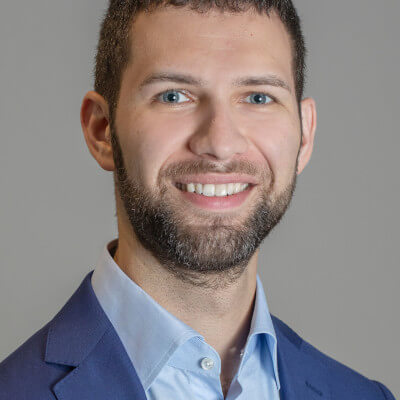

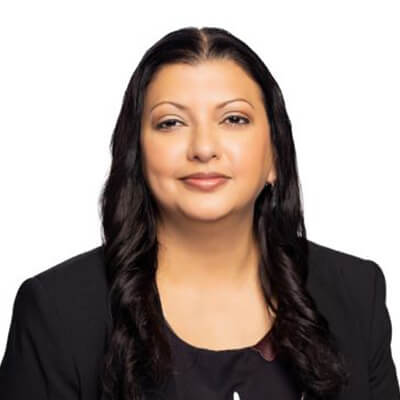

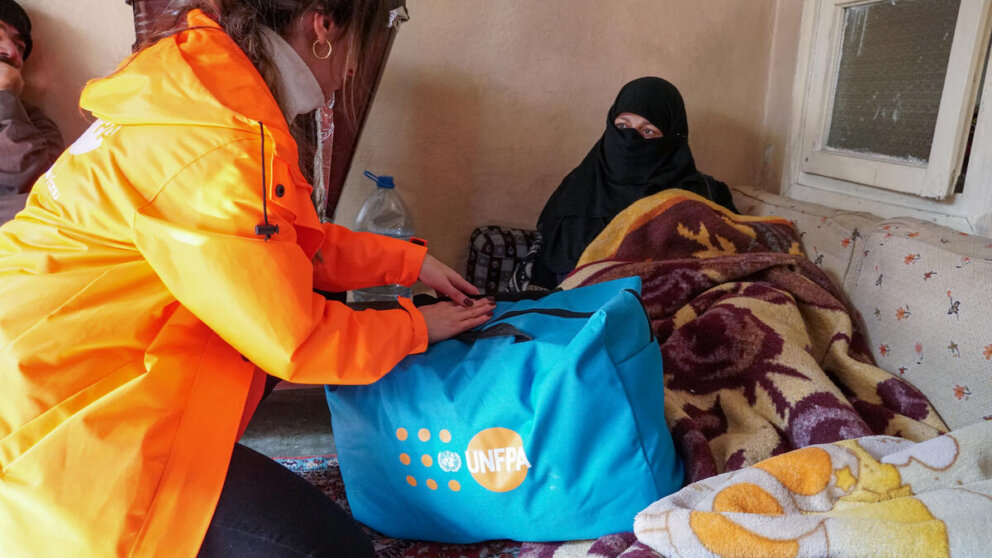
Members
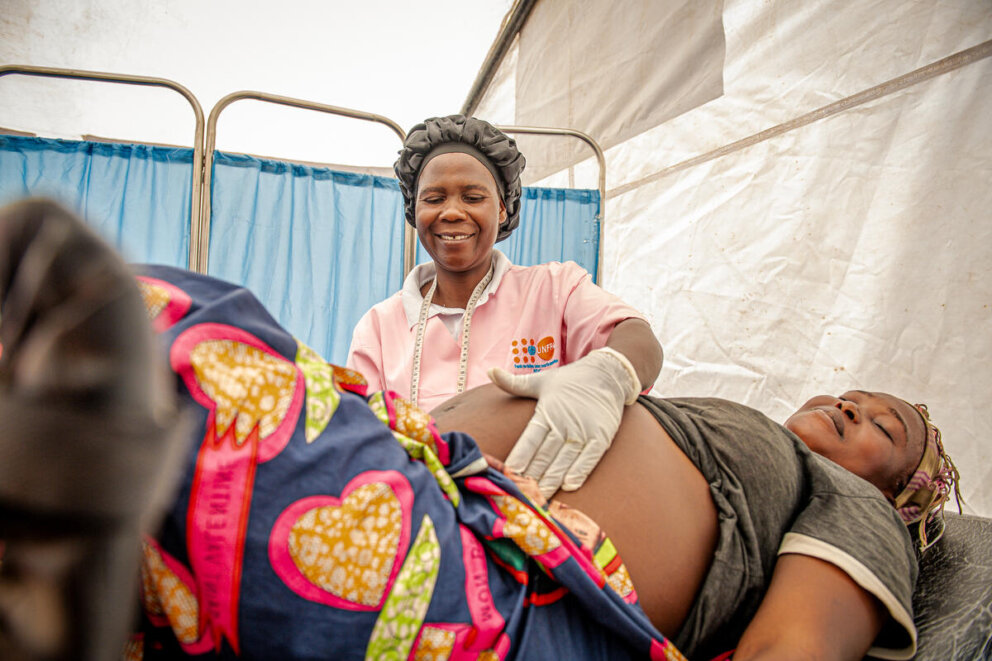
Members
Our Community
supporters
monthly supporters
Thank you for being a part of this passionate group of supporters and for being there for every woman and girl.
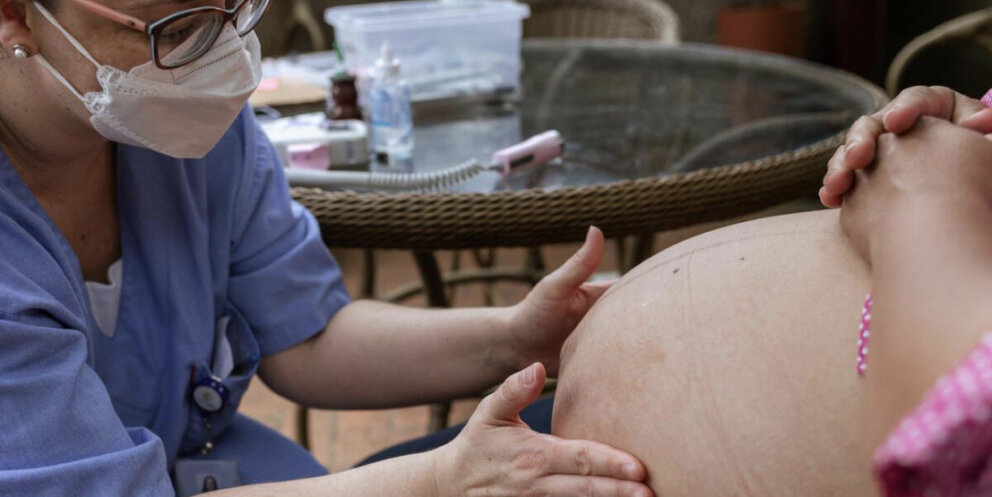
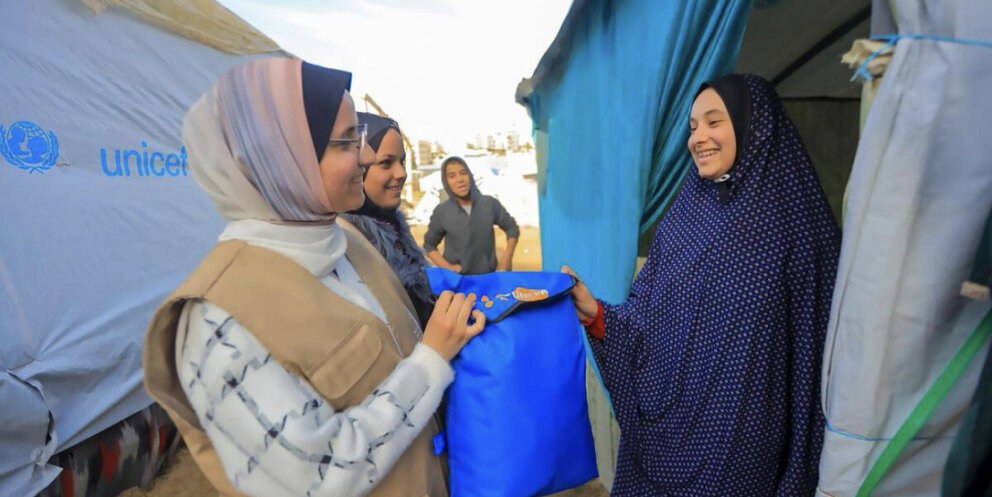
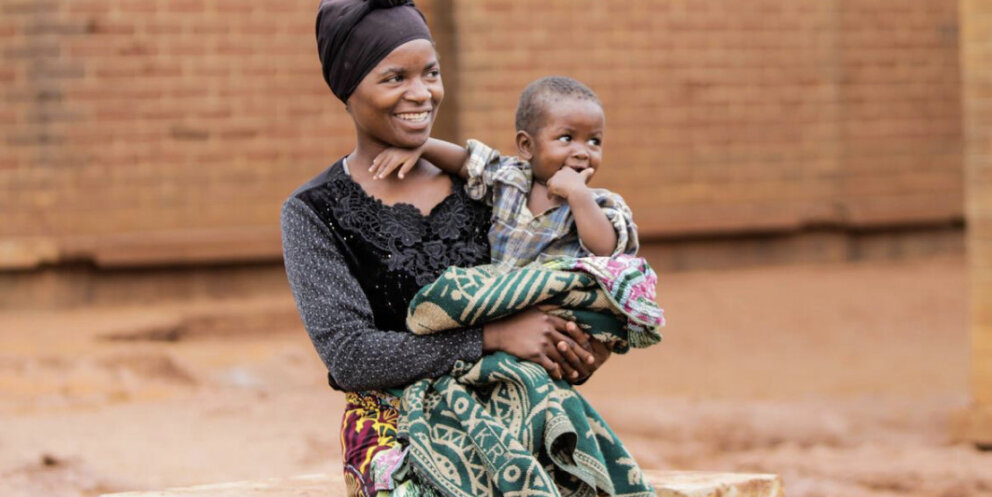
OUR FINANCIALS
OUR FINANCIALS
In 2023, we raised just shy of $6 million for women and girls – and it’s all thanks to supporters like you. 2023 was our highest revenue year yet, bringing us even closer to our goal to raise $100 million by 2030 and emphasizing the incredible momentum that you have helped us build for our lifesaving work . Now 13,199 supporters (and counting!) strong, we are making incredible progress toward our transformative goals of zero unmet demands for family planning, zero preventable maternal deaths, and zero incidents of violence against women.
We were also awarded a 4-star perfect score by Charity Navigator, so each member of our community can give with confidence when they make a gift to support women and girls.
* These numbers are unaudited. To review our audited financials, including from past years, please click here for more information.
